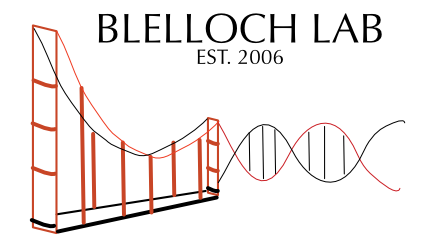
Word cloud generated from abstracts published from 2023-mid-2025.
Our lab is dedicated to advancing the understanding of complex biological systems and developing innovative therapeutic strategies across three distinct areas of research.
The first area focuses on how exosomes, small extracellular vesicles carrying immune checkpoint proteins, influence the antitumor immune response. Following our discovery that exosomes can suppress autoimmune reactions through the checkpoint protein PDL1, we have expanded our investigations to explore their broader role in immunity, particularly in cancer. We are studying checkpoint proteins found on exosomes, including PVRL2, an understudied checkpoint that we recently identified as potentially more impactful than PDL1 in regulating antitumor immunity. By dissecting the mechanisms underpinning PVRL2’s function—from its upregulation on tumor cells to its receptors on immune cells—we aim to develop targeted therapeutics. Simultaneously, we are testing a novel inhibitor of exosome release, both as a therapeutic agent and as a tool to better understand the role of exosomes in vivo. These efforts are paving the way toward new strategies for manipulating the immune system to combat cancer.
In our second area of research, we are developing pluripotent stem cell-derived dendritic cells as a transformative platform for cell therapies in cancer and autoimmune disease. Building on years of expertise in pluripotent stem cell biology, we are leveraging universal stem cells—engineered to lack MHC1 and MHC2, making them invisible to allogenic immune cells—to create dendritic cells tailored for specific therapeutic purposes. For cancer, we program these cells to present tumor-derived antigens, effectively transforming them into personalized cancer vaccines that stimulate antitumor immunity. For autoimmune diseases, we generate tolerogenic dendritic cells that display patient-specific autoimmune-inducing antigens, suppressing harmful immune responses directed against self-tissues. This cutting-edge approach combines genetic engineering and immunology to create precise, next-generation therapies for challenging diseases.
Our third area of research focuses on the regulation of cell fate in the extraembryonic tissues of human reproduction. In collaboration with the Fisher lab, we are investigating the mechanisms that drive distinct fate decisions in trophoblasts of the placenta. These decisions result in the unique morphologies and functions of these tissues, which are essential for sustaining a healthy pregnancy. By studying how maternal health influences these processes, as well as how they may be disrupted in pregnancy-associated conditions such as preeclampsia and premature rupture of membranes, we aim to deepen our understanding of human reproductive biology and inform new approaches to managing these conditions.
Together, these three areas of research reflect our commitment to uncovering fundamental biological processes and translating these discoveries into innovative therapies that improve human health.
